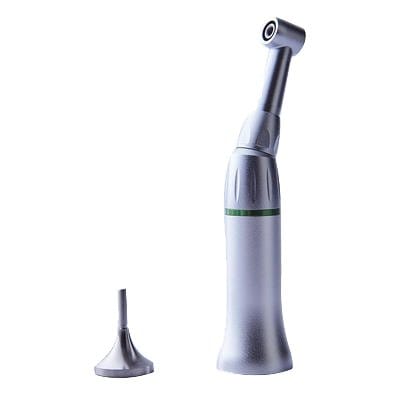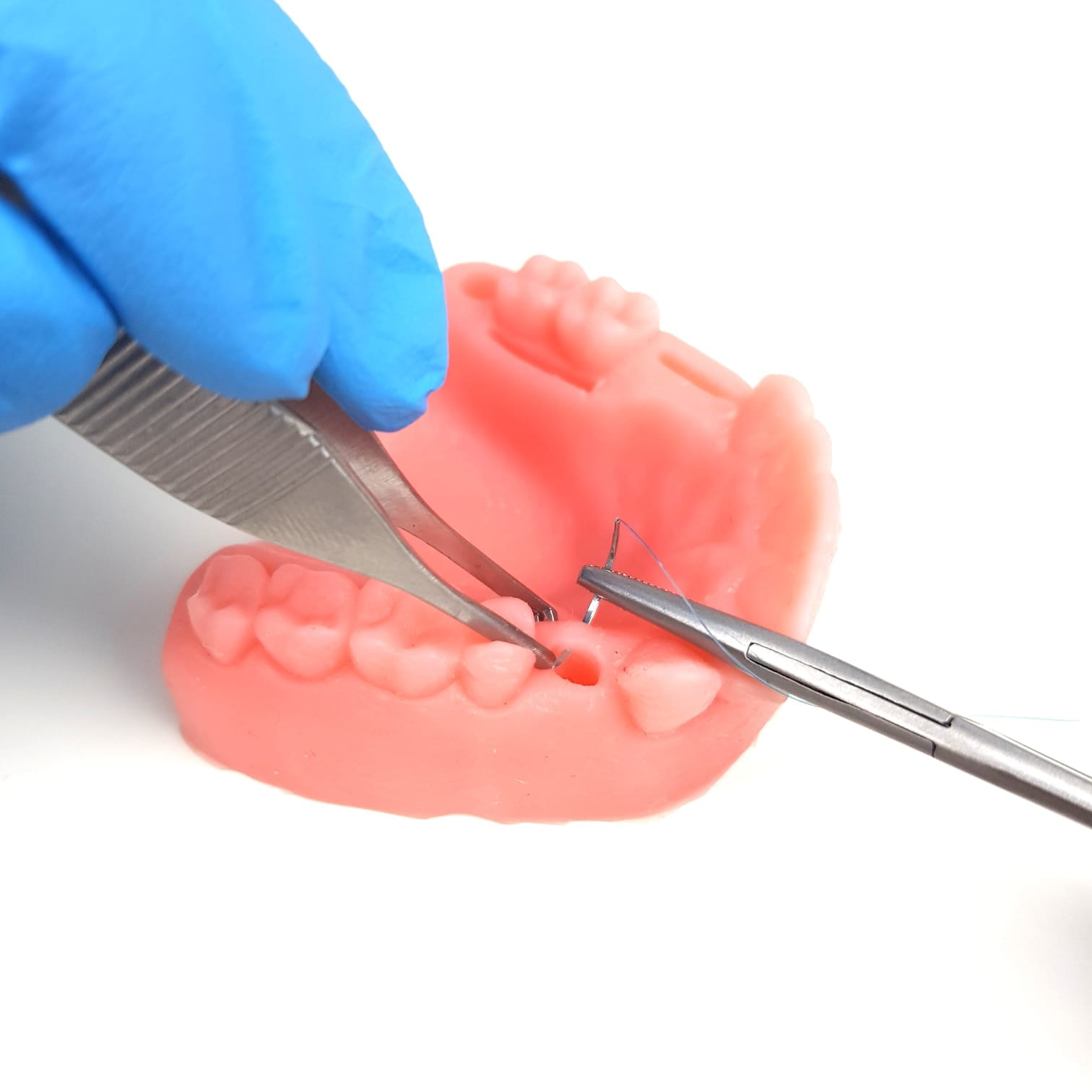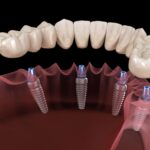In the ever-evolving world of dentistry, the selection of dental handpieces is crucial for ensuring optimal patient care and enhancing practice efficiency. As we enter 2024, dental professionals are faced with a diverse array of advanced handpiece options, each offering unique features and benefits. This comprehensive guide aims to navigate you through the process of choosing the perfect dental handpiece for your practice, considering the latest technological advancements and industry trends.
Understanding Dental Handpieces
Dental handpieces are essential tools in any dental practice, employed for a wide range of procedures from routine cleanings to complex restorative work. They come in various types, each designed for specific applications:
High-Speed Handpieces
High-speed handpieces are the workhorses of dental practices, operating at speeds ranging from 250,000 to 450,000 RPM. They are primarily used for:
- Removing decay
- Preparing cavities for fillings
- Crown and bridge preparations
- Refining and polishing restorations
These handpieces typically utilize air-driven turbines, although electric models are becoming increasingly popular due to their efficiency and performance.
Low-Speed Handpieces
Operating at speeds below 40,000 RPM, low-speed handpieces excel in:
- Polishing teeth
- Removing soft decay
- Endodontic procedures
- Adjusting dentures and other appliances
They provide greater torque and precision for delicate tasks, making them indispensable in specific clinical situations.
Electric Handpieces
Electric handpieces have gained popularity due to their consistent performance and versatility. Key advantages include:
- Constant torque regardless of load: This ensures that the handpiece maintains performance even under varying conditions.
- Quieter operation: Compared to air-driven models, electric handpieces generally produce less noise, enhancing patient comfort.
- Precise speed control: Electric models allow for fine-tuning of speed settings based on specific procedural needs.
Key Factors to Consider When Choosing a Dental Handpiece
When selecting a dental handpiece, consider these critical factors to ensure it meets your practice’s needs:
- Speed and Torque
The ideal speed and torque depend on the procedures you commonly perform. High-speed handpieces are essential for most restorative work, while low-speed options offer greater control for precision tasks. - Ergonomics and Comfort
Given the frequent use of handpieces, ergonomics is crucial. Look for designs that feature:
- Lightweight materials to reduce hand fatigue
- Balanced weight distribution
- Textured grips for better control
- Slim profiles for improved visibility and access
- Noise Level
Patient comfort is paramount; quieter handpieces can significantly alleviate anxiety during procedures. Electric handpieces generally produce less noise than air-driven models. - Illumination
Built-in LED lights enhance visibility, especially in posterior regions. When considering illumination, evaluate:
- Light intensity
- Color temperature (daylight-balanced LEDs are ideal)
- Positioning of the light source
- Maintenance and Sterilization
Easy maintenance ensures longevity and compliance with hygiene standards. Look for features such as:
- Autoclavable components
- Simple disassembly for cleaning
- Compatibility with automated cleaning systems
- Connectivity and Compatibility
Ensure the handpiece is compatible with your existing dental unit and other equipment. Some modern handpieces offer digital connectivity for performance tracking and maintenance scheduling. - Cost and Value
While initial cost is a factor, consider the long-term value by evaluating:
- Durability and expected lifespan
- Cost of replacement parts
- Warranty coverage
- After-sales support
Comparing Air-Driven and Electric Handpieces
| Feature | Air-Driven Handpieces | Electric Handpieces |
|---|---|---|
| Speed Range | 250,000 – 450,000 RPM | 100 – 200,000 RPM |
| Torque | Variable; decreases under load | Constant; maintains under load |
| Weight | Lighter | Heavier |
| Noise Level | Higher | Lower |
| Initial Cost | Lower | Higher |
| Maintenance | More frequent | Less frequent |
| Versatility | Limited to high-speed applications | Suitable for both high/low-speed |
Latest Innovations in Dental Handpieces for 2024
As we move into 2024, several innovations are shaping the future of dental handpieces:
- Smart Connectivity: Handpieces with built-in sensors track usage, performance, and maintenance needs while integrating seamlessly with practice management software.
- Advanced Materials: Ultra-lightweight alloys and ceramic components enhance durability while reducing vibration during use.
- Improved Infection Control: Features like self-sterilizing surfaces and disposable components elevate hygiene protocols significantly.
- Customizable Settings: Digital controls allow dentists to save preferred speed and torque settings tailored to different procedures.
- Enhanced Ergonomics: Designs developed with input from ergonomics experts minimize strain during prolonged use.
Choosing the Right Handpiece for Your Practice
To select the ideal handpiece that meets your needs effectively:
- Assess Your Practice Needs: Consider the types of procedures you perform most frequently and any specific requirements related to your specialty.
- Test Different Models: Many suppliers offer trial periods—take advantage of these opportunities to experience how each handpiece performs in your practice setting.
- Consider Your Budget: Balance initial costs against long-term value by evaluating performance benefits over time.
- Read Reviews and Seek Recommendations: Consult colleagues and professional reviews to gain insights into real-world performance.
- Evaluate Manufacturer Support: Choose brands known for reliable customer service and easily accessible replacement parts.
Maintenance Tips for Longevity
Proper maintenance is essential for ensuring the longevity and optimal performance of your dental handpieces:
- Regular Cleaning: Clean and lubricate handpieces after each use according to manufacturer instructions.
- Sterilization: Adhere strictly to sterilization protocols using only approved methods suitable for your specific handpiece model.
- Inspection: Regularly check for signs of wear or damage, particularly on bearings and turbines.
- Professional Servicing: Schedule periodic professional maintenance to ensure peak performance and catch potential issues early.
Conclusion
Choosing the right dental handpiece is a pivotal decision that influences your daily practice operations as well as patient outcomes. By considering factors such as speed, ergonomics, maintenance requirements, and the latest technological advancements, you can select a handpiece that enhances both efficiency and precision in your work.
As we embrace 2024, trends toward more intelligent, ergonomic, and versatile handpieces continue to emerge. Whether you choose the latest electric model with smart connectivity or a reliable air-driven option, ensure that your selection aligns with your practice’s needs and long-term goals.
Remember—the best handpiece is one that feels comfortable in your grip, delivers consistent performance, and integrates seamlessly into your workflow. By staying informed about innovations in the field and carefully evaluating your choices, you can make a decision that will serve your practice well for years to come.











